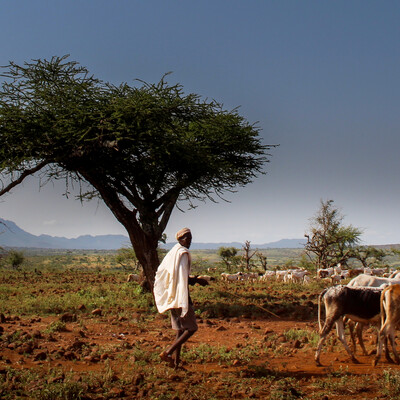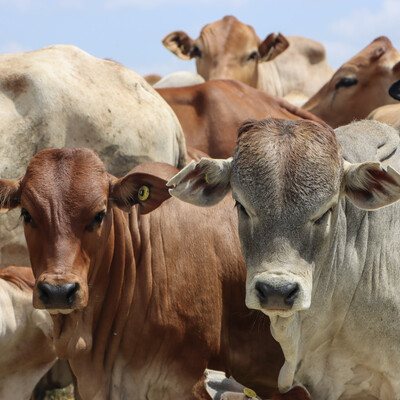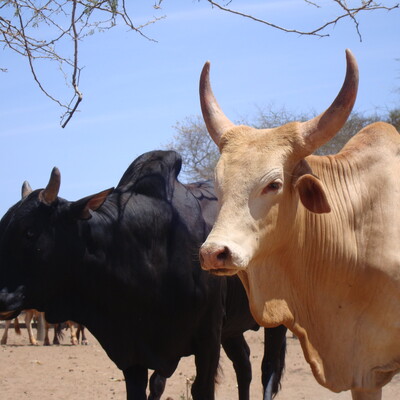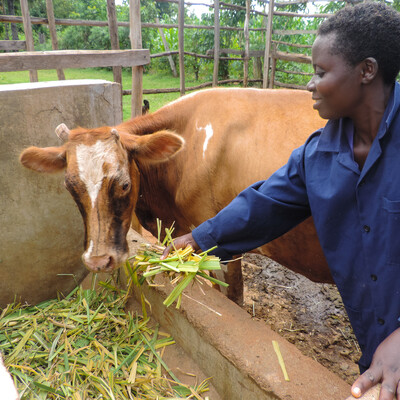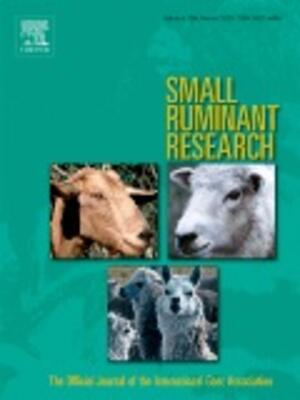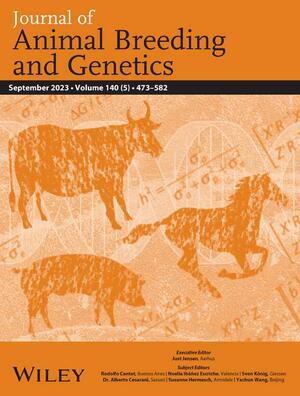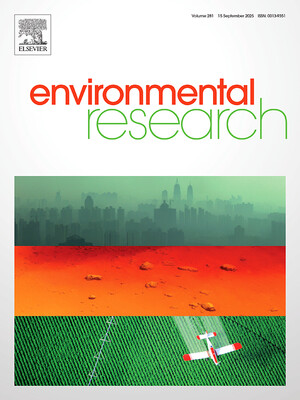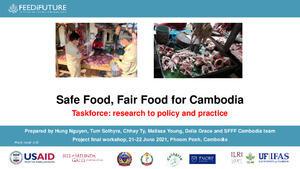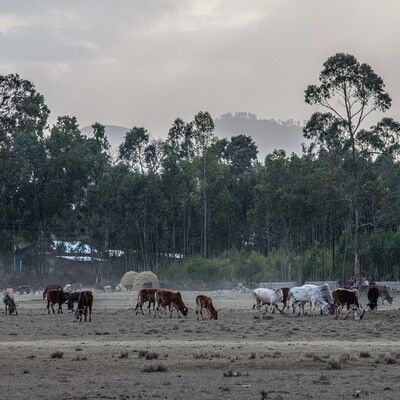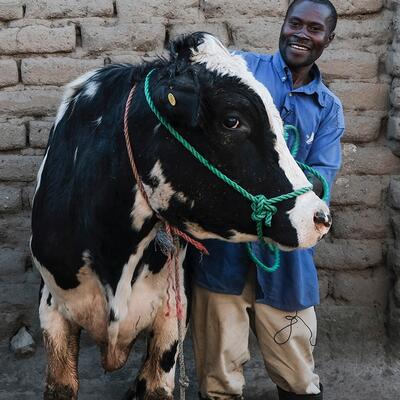
Supporting the vulnerable: Increasing the adaptive capacity of agro-pastoralists to climatic change in West and Southern Africa using a transdisciplinary research approach.
The goal of this project, funded by BMZ, is to increase the adaptive capacity of agro-pastoralists, who are one of the most vulnerable groups in Africa, to climate variability and the expected effects of future climate change. The purpose is to co-generate methods, information and solutions between local communities, local and international scientists, policy makers and other actors involved in climate change and adaptation programmes, for coping mechanisms and adapting strategies to climate change and variability in West and Southern Africa, and more particularly in Mali and Mozambique. The project aims to deliver integrated outputs that document the effects of climate variability and change on primary productivity, that document agro-pastoralists' coping mechanisms to deal with climate variability, that identify technical options and policy entry points for supporting the implementation of priority livestock-based adaptation options, and that increase awareness of the likely impacts of climate variability and change, and to provide information for making decisions in relation to adaptation options for different conditions.
Project Objectives/Goals: The goal of this project is to increase the adaptive capacity of agro-pastoralists, who are one of the most vulnerable groups in Africa, to climate variability and the expected effects of future climate change. Outputs: 1. Estimation and documentation of the effects of climate variability and change on the primary productivity of crops, rangelands and livestock, and associated livelihoods impacts. 2. Inventory, documentation and dissemination of past, present and possible future agro-pastoralists coping mechanisms to deal with climate variability. 3. Active learning mechanisms developed, and priority livestock-based technological adaptation options for improving food security, incomes and sustainability of agro-pastoralists co-identified with communities and other stakeholders and pilot tested. 4. Policy entry points for supporting the implementation of priority livestock-based adaptation options in agro-pastoral systems identified and discussed with key stakeholders. 5. Dissemination pathways identified and implemented at different levels, to increase awareness of the likely impacts of climate variability and change, and to provide information for making decisions in relation to adaptation options for different conditions.








